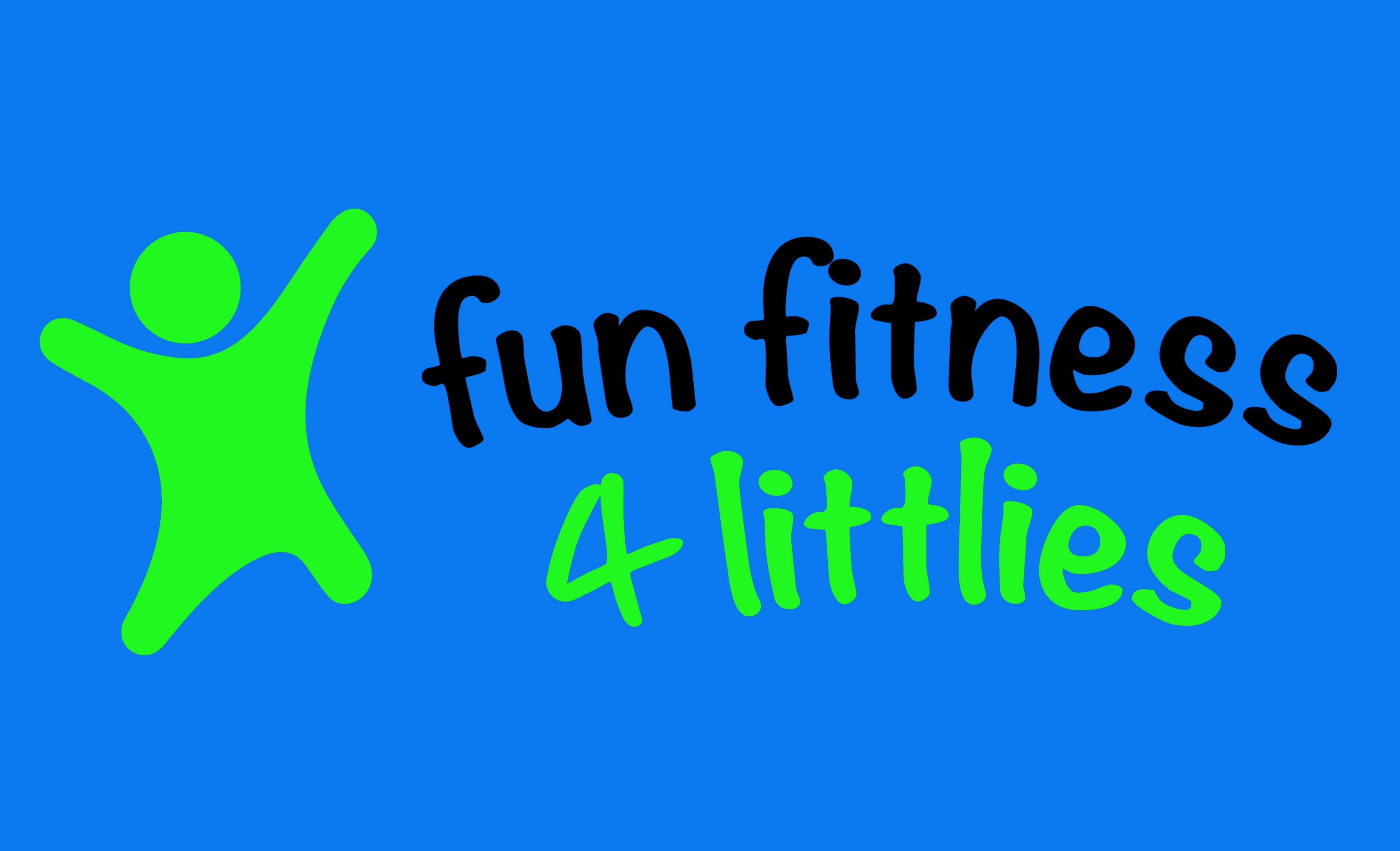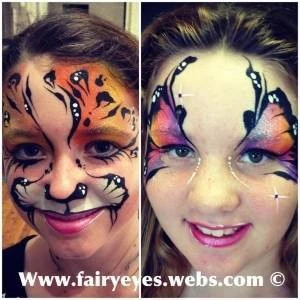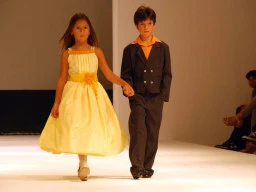
Modelling for kids
Bring out the star in your child! Do your kids love posing for the camera, or perhaps watching themselves on home videos? Then might be interested to get into modelling!
Read more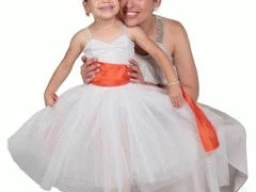
How to choose the right dance school for your child
According to the Australia Bureau of Statistic dance is the largest growing activity for girls in Australia since 2006. So if you happen to have a budding dancer in your house then you are certainly not alone and these tips can help you choose a great school for them.
Read more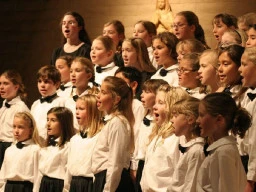
Choirs for kids
Let the world hear your kid’s voice! Reignite your kids’ passion for singing by enrolling them in various choirs for kids.
Read more
Kung Fu for Kids
Teach your kids self respect and confidence by taking them to Kung Fu!<br><br> Kung Fu can develop kids’ self confidence and teamwork and may help prevent bullying at school. <br>Your kid could be the next Bruce Lee!
Read more
Understanding the Role of Coaches in Kids' Netball Clubs
Uncover how coaches shape skills, teamwork, and character in kids' netball clubs, and why choosing the right coach is crucial for your child's development in the sport.
Read more
Starting Young: The Benefits of Indoor Soccer for Children
The structured yet supportive environment of Indoor Soccer Clubs fosters a sense of belonging and achievement among kids. Scoring a goal, mastering a new skill, or simply being part of a team can significantly boost a child's confidence. This increase in self-esteem has a ripple effect, positively impacting their academic and social life.
Read more
Track cycling for kids
Introduce your children to track cycling! Looking for healthy and affordable activities for kids? Track cycling could be the perfect option!
Read more
The Basics of Gymnastics: A Beginner's Guide for Kids
Celebrate your child's efforts and progress, no matter how small. Positive reinforcement boosts their self-esteem and encourages them to keep striving for improvement.
Read more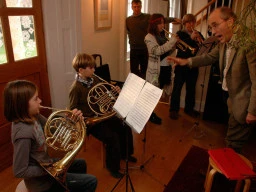
French horn for kids
Get your kids to play tantalizing sounds on the French horn! The modern orchestral brass French horn originated from early hunting horns and was only used as a musical instrument starting the 16th century. It slowly grew popular in orchestras after musicians began using the French horn as an instrument. Let your kids stand out with this instrument!
Read more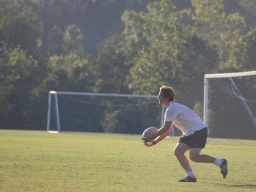
Touch Rugby for your Kids
A low risk way to play rugby for boys and girls!<br>Touch rugby, also known as touch football is a form of rugby that has been around since the 1950s.
Read more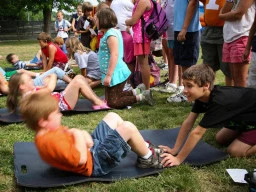
Calisthenics for kids
If your kids love gymnastics and dancing, try calisthenics!<br><br>A great kids activity designed to improve kids fitness and agility!
Read more
Cheerleading for Kids
Cheerleading is a great way to participate in the excitement of sporting events! It is extremely popular among young girls and it can be a great way to improve physical fitness and make friends.
Read more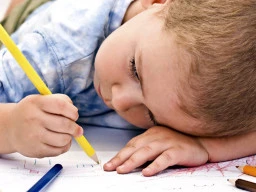
Drawing For Kids
If your kids like reading picture books, they might also enjoy drawing!<br><br>They might even become artists when they grow up!
Read more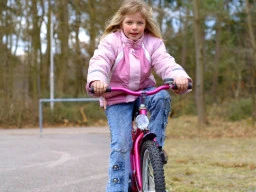
Cycling for Kids
Get your kids into the cycling world, a very versatile sport! <br><br>In Australia there are many ways kids can get involved in cycling both competitively and for leisure.
Read more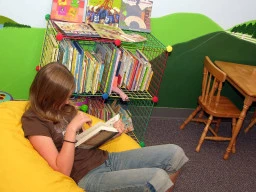
Libraries for Kids
Help your kids awaken to a whole new world of wonder through reading!<br><br>Give your kids a chance to explore wholecompletely new worlds through reading!
Read more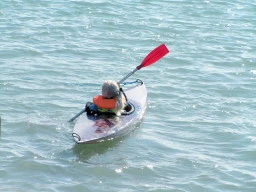
Kayaking for Kids
Glide through the water with this relaxing kids’ activity!<br><br>It’s a great family activity with a range of options, including white water kayaking, or even kayak fishing!
Read more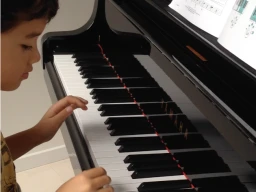
At what age should my child start learning a musical instrument
As a Kindermusik Educator, this has to be one of the most common question I get asked from parents, especially when their child reaches pre-school and Kindy age. While there are always exceptions, in general, my suggestion to parents is to wait until their child is at least 5 or 6 years old. There are many compelling reasons for this - I've outlined some below - milestones by which most 5 or 6-year olds have or are beginning to achieve.
Read more